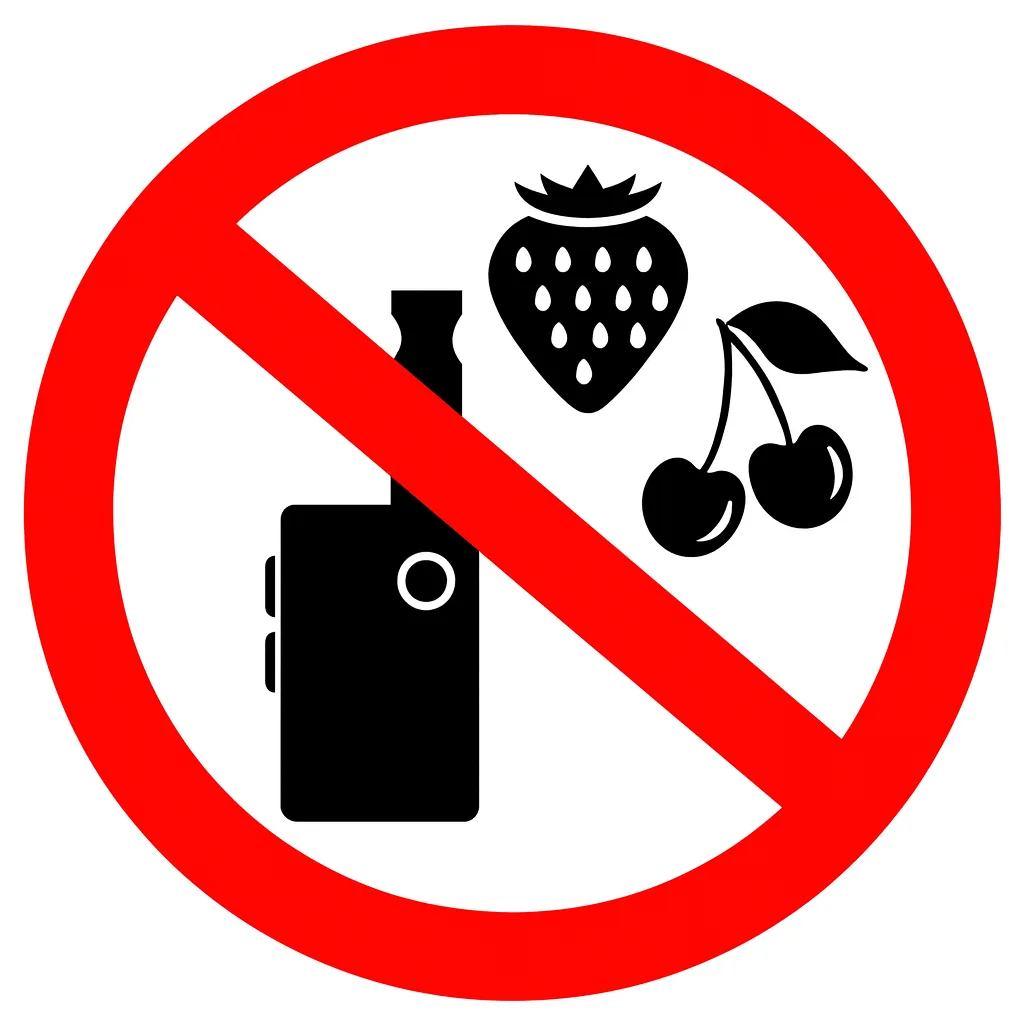🌍 The Flavour Debate is Getting Real
Walk into a vape shop in Berlin, Lisbon, or Milan, and you’re hit with a wall of scents — mango ice, cherry cola, tiramisu, mint blast. For many, that flavour variety is what makes vaping enjoyable. But across Europe, regulators are starting to eye flavour bans, and the conversation is getting louder.
But vape flavour restrictions in Europe are raising questions: will they protect youth, or push adult vapers back to smoking?
🏛 Flavour Ban 101 – What Are We Talking About?
A flavour ban restricts or removes certain e-liquid flavours from the market, often targeting sweet, fruity, or dessert-style profiles. The main argument? Authorities say these flavours attract young people.
Supporters see it as a public health win; critics argue it punishes adult vapers who switched from cigarettes and enjoy variety.
📉 What Could Happen in Different European Markets
🇩🇪 Germany – Already a Tough Climate
With high e-liquid taxes in place, adding a flavour ban could force small vape stores to close, leaving only large distributors. Some vapers might switch back to cigarettes, especially older smokers who prefer menthol or fruit blends.
🇮🇹 Italy – Where Coffee Meets Clouds
In Italy, dessert-inspired vapes like “Cannoli Cream” or “Vanilla Espresso” fit right into café culture. Take those away, and many will see vaping as less appealing — possibly slowing the country’s already steady switch from smoking to vaping.
🇳🇱 The Netherlands – Leading the Ban Trend
The Dutch government has already confirmed most flavour bans will take effect. Many users are stocking up or even crossing into Belgium and Germany to buy their favourite blends.
🇪🇸 Spain – Tourism & Nightlife at Stake
From Ibiza beach parties to Barcelona rooftop bars, vape flavours are part of the nightlife scene. Restricting them could hurt not just vape sales but also the overall “experience” tourists expect.
🇵🇹 Portugal – A Young Market in Danger
Portugal’s vape market is still young and growing fast. A ban could halt that momentum, pushing people toward online imports or home-mixed liquids.
🧠 How Vapers Might React
Shift to Tobacco/Menthol – Many will adapt reluctantly.
DIY Mixing – Expect more home flavour experiments.
Cross-Border Shopping – Travelling for your vape fix will become common.
Underground Sales – The black market could see a boost.
💼 How Brands Can Stay in the Game
Get Creative – Work with allowed flavour categories to build exciting profiles.
Focus on Lifestyle Marketing – Sell the experience, not just the flavour.
Look Beyond Borders – Export to flavour-friendly markets.
Educate & Engage – Keep your customer base informed and loyal.
🔍 The Future of Vape Flavour Restrictions in Europe
Looking ahead, it’s clear that vape flavour restrictions will continue to spark debate across Europe. Some countries push for total bans, while others explore regulated flavour categories instead. The outcome will shape not just the vape industry, but also the daily choices of millions of European vapers who see flavours as a safer alternative to smoking.
✅ The Bottom Line
Flavour bans will shake up Europe’s vape industry — no doubt. But change doesn’t always mean decline. The brands and vapers that adapt quickest will still find ways to make vaping enjoyable, whether through inventive flavour workarounds or by shifting focus to design, tech, and community.
What about you? If your favourite flavour disappeared tomorrow, would you quit, adapt, or find a way around it? Let’s hear it.
FAQs
Q1: Why are some countries banning vape flavours?
A1: To reduce youth vaping by limiting sweet and fruity options.
Q2: Will menthol be banned too?
A2: Not always. Many bans allow tobacco and menthol flavours.
Q3: How will this affect vape prices?
A3: Limited flavours could mean less competition and higher prices.
Q4: Is there a legal way to still get banned flavours?
A4: Only by purchasing in countries where they remain legal — but rules can change quickly.

